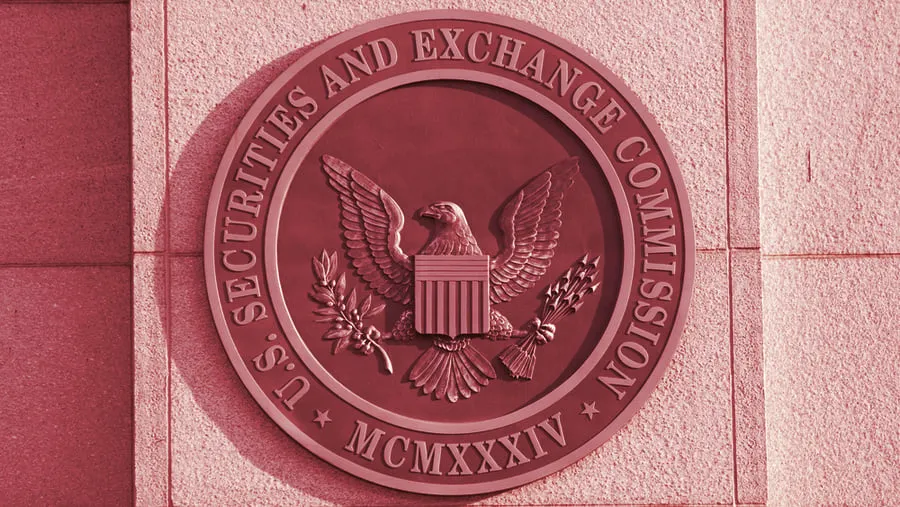In brief
- The SEC has been releasing proposed rule changes this week.
- One proposal addressing electronic Treasury bond traders could impact liquidity on DeFi markets.
Seemingly tiny policy changes can have unintended consequences. Take the 1989 Exxon Valdez oil spill, which prompted states to hold tanker operators liable for future oil spills. In response, at least one oil company outsourced oil deliveries to independent ships with questionable records, paradoxically increasing the potential for disaster.
Same too with a rule proposed this week from the U.S. Securities and Exchange Commission dealing with electronic trading of U.S. Treasury bonds. A suggested tweak to the definition of "dealer," tucked into a footnote, could upend crypto's decentralized finance wing without ever referencing DeFi.
As explained by Blockchain Association head of policy Jake Chervinsky on Twitter, the rule, as proposed, "would expand the definition of regulated 'dealers' to include people who 'employ passive market making strategies' that have 'the effect of providing liquidity' to others."
Snoozer, right? But wait, isn't that exactly how DeFi works?
DeFi, short for "decentralized finance," is the broad term used for blockchain applications that let people sidestep financial intermediaries. You can lend and borrow assets without a bank and swap tokens without a broker.
That latter bit is different from, say, Coinbase or Binance, which actually take custody of assets on users' behalf; in DeFi, you hold on to your own assets the entire time. Automated market maker (AMM) protocols even allow people to trade one asset for any other listed on an exchange, even if there's not someone else on the other end of that specific trade. (You might want to swap Axie Intinity for ApeCoin, but no one with APE wants AXS.)
But to actually swap tokens in a decentralized way on AMMs requires a huge amount of liquidity, i.e., available cash. DeFi protocols incentivize people to lock up their tokens in vaults—so the exchange can temporarily draw on it to facilitate trades—by giving them rewards in the form of digital assets.
You can see now how this might be bad for DeFi. Delphi Digital General Counsel Gabriel Shapiro tweeted, "SEC will argue that all [automated market maker liquidity providers] are unregistered dealers. That would be like saying all Bitcoin miners are [virtual asset service providers]—if enforced, it would kill the tech."
it's an all-out shadow attack on decentralized finance https://t.co/MSfwDYftgU
— _gabrielShapir0 (@lex_node) March 28, 2022
SEC Commissioner Hester Peirce, often at odds with her colleagues on issues related to digital assets, also has concerns, though she also doesn't mention DeFi. Specifically, she asks whether the expanded definition could cause liquidity to dry up.
"A more varied set of liquidity providers also benefits market resilience; when one type of liquidity provider is unwilling to step in, another may be able to fill the gap," she writes. "A market in which all of the liquidity provision is concentrated in a handful of large dealers regulated on the traditional model—which the proposal seems to favor—may impair market liquidity without increasing market resilience."
Moreover, while the impetus for the change seems to be to mitigate risk emanating from over-leveraged liquidity providers, she claims we shouldn't be too concerned: "Markets are actually more resilient as a whole when individual firms know they can fail and that, if they do, nobody will be there to rescue them."
Web3 proponents don't want DeFi to fail. That's why they're paying attention to the fine print.

